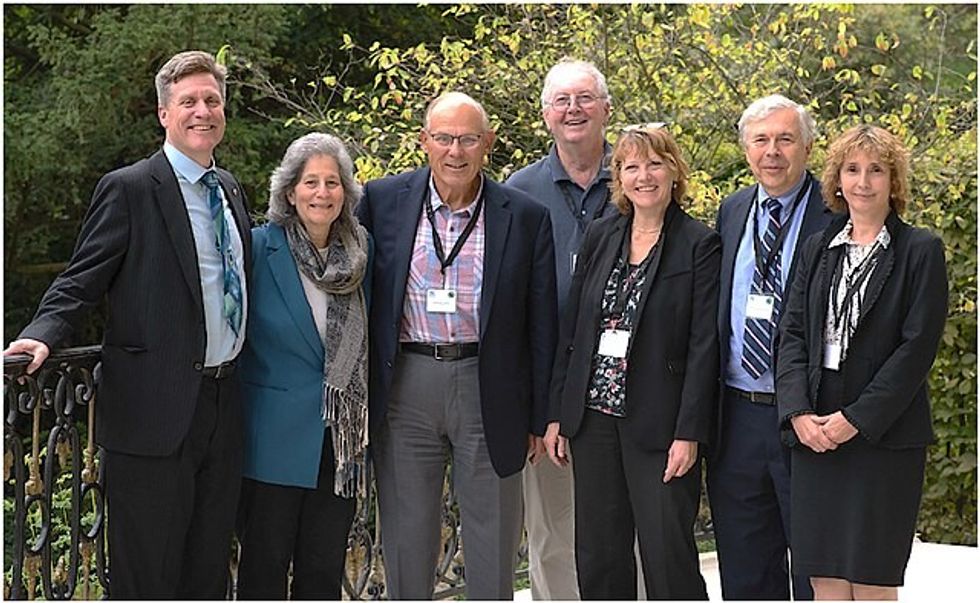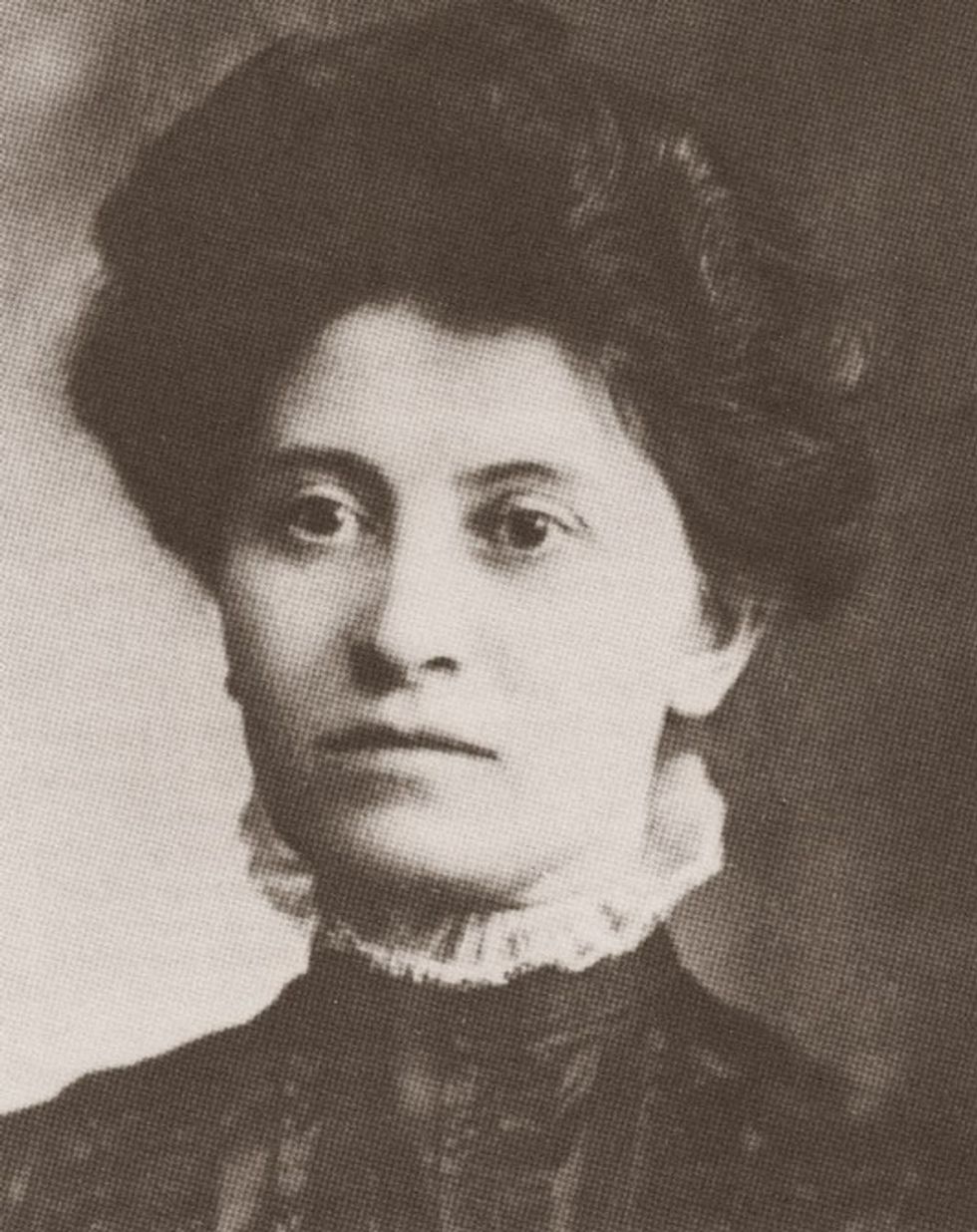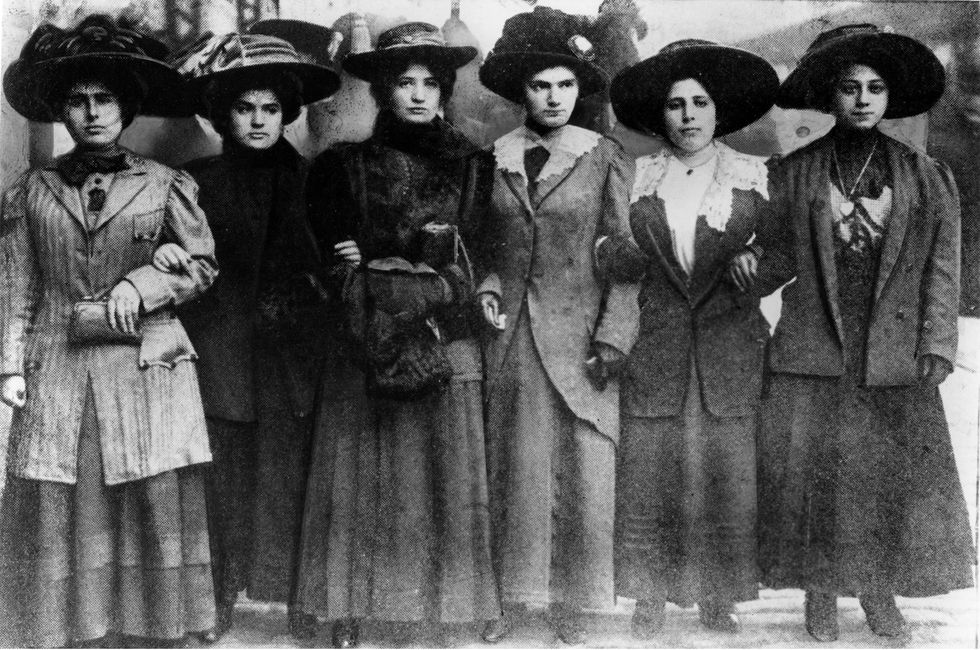By researching India's poorly staffed schools, this MIT group figured out how to fix them.A teacher-less classroom is an all-too-familiar scene for primary school students in many low-income countries. In 2006, a study by economists from the World Bank and Harvard University turned up disastrously low teacher attendance in six such countries, including India, where on any given day 55 percent of all classrooms either get a teacher who is present but not teaching or no teacher at all. With salaries for teachers accounting for the biggest fraction of governments' education budgets in the developing world, the study highlights an important challenge: how to get a bigger bang from a country's teaching buck.To that end, researchers associated with the Massachusetts Institute of Technology's Abdul Latif Jameel Poverty Action Lab worked with the Indian state of Andhra Pradesh to randomly select 500 government-run primary schools in which to test interventions aimed at boosting teacher performance. The biggest effect came from performance-based pay. Scores on standardized tests went up in schools where teachers were incentivized with a possible bonus of about a third of a month's pay if their students achieved a 10 percent increase in test scores.How big a grain of salt does a study of 500 schools merit? "It's large enough that the results have to be taken seriously," says lead researcher Karthik Muralidharan, an economist at the University of California at San Diego, "but it doesn't give you a roadmap to implementation." He recommends that policymakers begin larger-scale pilot projects. There was no magic to it, he points out; teachers simply started doling out more classroom work and homework. Still, that's a big improvement over sleeping on the job (or not showing up at all).Photo by Karthik MuralidharanGo back to the interactive site
Search
Latest Stories
Start your day right!
Get latest updates and insights delivered to your inbox.
We have a small favor to ask of you
Facebook is critical to our success and we could use your help. It will only take a few clicks on your device. But it would mean the world to us.

Here’s the link . Once there, hit the Follow button. Hit the Follow button again and choose Favorites. That’s it!
The Latest
Most Popular
Sign Up for
The Daily GOOD!
Get our free newsletter delivered to your inbox















 Freddie Mercury GIF by Queen
Freddie Mercury GIF by Queen File:Statue of Freddie Mercury in Montreux 2005-07-15.jpg - Wikipedia
File:Statue of Freddie Mercury in Montreux 2005-07-15.jpg - Wikipedia
 The hole in the ozone layer in 2015.Photo credit: Wikimedia Commons
The hole in the ozone layer in 2015.Photo credit: Wikimedia Commons In the 1980s, CFCs found in products like aerosol spray cans were found to cause harm to our ozone layer.Photo credit: Canva
In the 1980s, CFCs found in products like aerosol spray cans were found to cause harm to our ozone layer.Photo credit: Canva Group photo taken at the 30th Anniversary of the Montreal Protocol. From left to right: Paul Newman (NASA), Susan Solomon (MIT), Michael Kurylo (NASA), Richard Stolarski (John Hopkins University), Sophie Godin (CNRS/LATMOS), Guy Brasseur (MPI-M and NCAR), and Irina Petropavlovskikh (NOAA)Photo credit: Wikimedia Commons
Group photo taken at the 30th Anniversary of the Montreal Protocol. From left to right: Paul Newman (NASA), Susan Solomon (MIT), Michael Kurylo (NASA), Richard Stolarski (John Hopkins University), Sophie Godin (CNRS/LATMOS), Guy Brasseur (MPI-M and NCAR), and Irina Petropavlovskikh (NOAA)Photo credit: Wikimedia Commons
 Getting older means you're more comfortable being you.Photo credit: Canva
Getting older means you're more comfortable being you.Photo credit: Canva Older folks offer plenty to young professionals.Photo credit: Canva
Older folks offer plenty to young professionals.Photo credit: Canva Eff it, be happy.Photo credit: Canva
Eff it, be happy.Photo credit: Canva Got migraines? You might age out of them.Photo credit: Canva
Got migraines? You might age out of them.Photo credit: Canva Old age doesn't mean intimacy dies.Photo credit: Canva
Old age doesn't mean intimacy dies.Photo credit: Canva
 Theresa Malkiel
commons.wikimedia.org
Theresa Malkiel
commons.wikimedia.org
 Six Shirtwaist Strike women in 1909
Six Shirtwaist Strike women in 1909
 University President Eric Berton hopes to encourage additional climate research.Photo credit: LinkedIn
University President Eric Berton hopes to encourage additional climate research.Photo credit: LinkedIn
 Image by Ildar Sajdejev via GNU Free License | Know your rights.
Image by Ildar Sajdejev via GNU Free License | Know your rights.